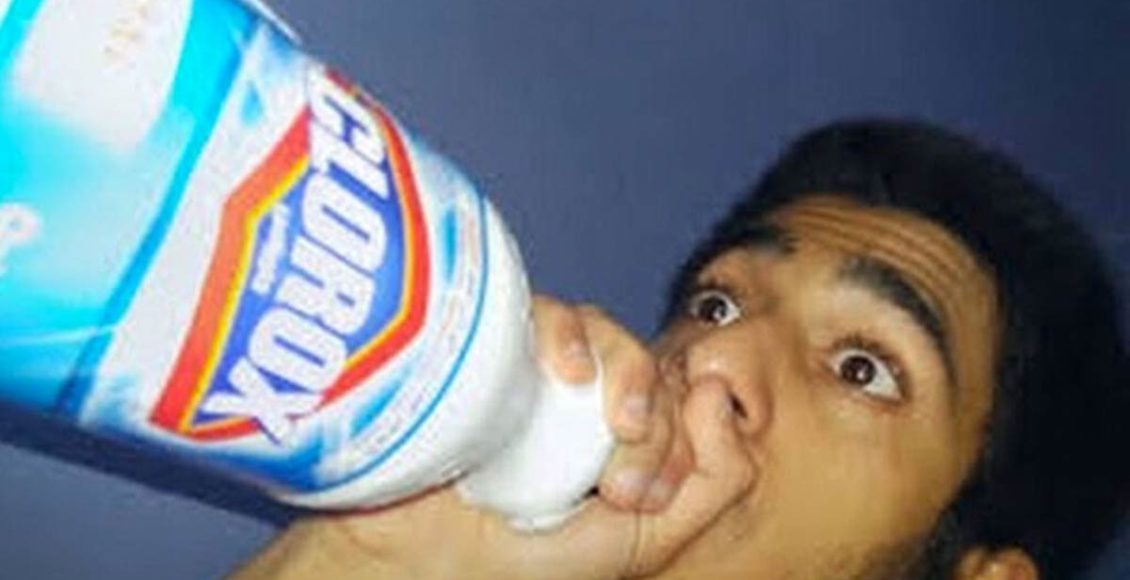New York City’s Department of Health and Mental Hygiene says it has been receiving a higher-than-usual number of calls after President Donald Trump speculated that injecting disinfectants could be used as a treatment for COVID-19.
In a period of 18 hours the poison control center received 30 calls. Nine of those were “specifically about exposure to Lysol, 10 cases specifically about bleach and 11 cases about exposures to other household cleaners,” spokesman Pedro F. Frisenda told NPR. That compares with just 13 calls at the same time in 2019.
That very day, Dr. Oxiris Barbot, New York City’s health commissioner tweeted a video in which she urges people to not inject themselves with bleach and other disinfectants.
“Very clearly, disinfectants are not intended for ingestion either by mouth, by ears, by breathing them in — in any way, shape or form. And doing so can put people at great risk,” she said.
Should you inject bleach to fight COVID-19?
No.
Here’s @NYCHealthCommr Barbot with more. pic.twitter.com/kdgz7EC4pE
— NYC Mayor's Office (@NYCMayorsOffice) April 24, 2020
During Thursday’s press briefing, the President played around with the possibility of disinfectants working as a treatment to the coronavirus.
“I see the disinfectant — where it knocks it out in a minute, one minute. And is there a way we can do something like that, by injection inside or almost a cleaning?”
When asked about his comments the next day, Trump said he was being sarcastic.
Medical experts and others have all urged people to not inject disinfectants and cleaning products.
Regardless of the President’s intentions, cases of such use of disinfectants and cleaning items have increased, as per data gathered from centers for poison control.
According to a Centers for Disease Control and Prevention report, cases of exposures to disinfectants and cleaners have gone up %20 from January to March 2020 compared with the same time frame in 2019.
They note that the spike in calls started at the beginning of March but warned that it could not prove a “definite link between exposures and COVID-19 cleaning efforts.”
“Although a causal association cannot be demonstrated, the timing of these reported exposures corresponded to increased media coverage of the COVID-19 pandemic, reports of consumer shortages of cleaning and disinfection products, and the beginning of some local and state stay-at-home orders,” the report reads.
What are your thoughts on this worrying situation? Let us know by joining the conversation in the comments and please share this article if you’ve found it informative.



